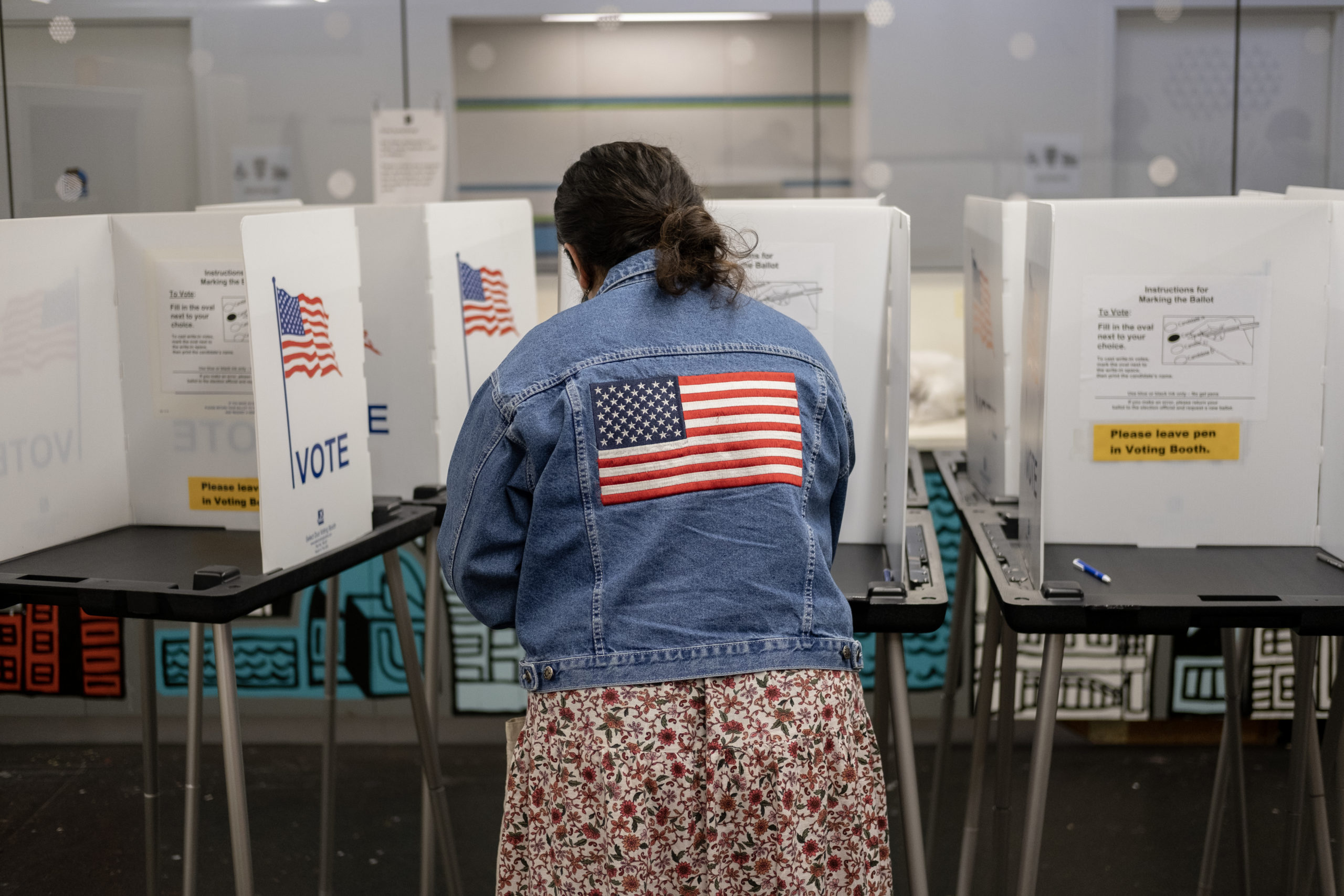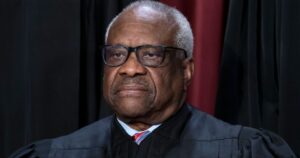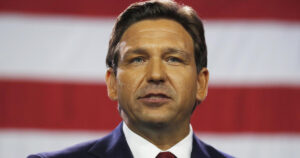Key takeaways:
- Wisconsin voters will decide which two candidates will advance to the general election for the state Supreme Court.
- The race is critical as it could determine which party holds the majority on the state’s highest court.
- In addition to the race for the state Supreme Court, Wisconsin voters will also decide on a nonbinding advisory question.
Wisconsin voters will head to the polls on Tuesday to decide which two candidates will advance to the general election for the state Supreme Court. The race is critical as it could determine which party holds the majority on the state’s highest court.
The retirement of conservative Justice Patience Roggensack has opened up an opportunity for liberals to take the majority, which could have major implications for abortion access in the state, the drawing of congressional district lines, and any election-related legal fights leading up to the 2024 presidential election.
The primary ballot features two conservative candidates (former state Supreme Court Justice Dan Kelly, Waukesha County Circuit Judge Jennifer Dorow) and two liberal candidates (Marquette University Law School professor Ed Fallone and Dane County Circuit Judge Jill Karofsky).
In addition to the race for the state Supreme Court, Wisconsin voters will also decide on a nonbinding advisory question. The question asks whether childless adults should have to perform job searches to receive “tax-payer funded welfare benefits” — something state law already requires recipients of unemployment insurance to do.
If the groups don’t appeal, the questions will appear on the April 4 general election ballot. Tuesday’s primary election will decide which two candidates advance to the general election.



Be First to Comment